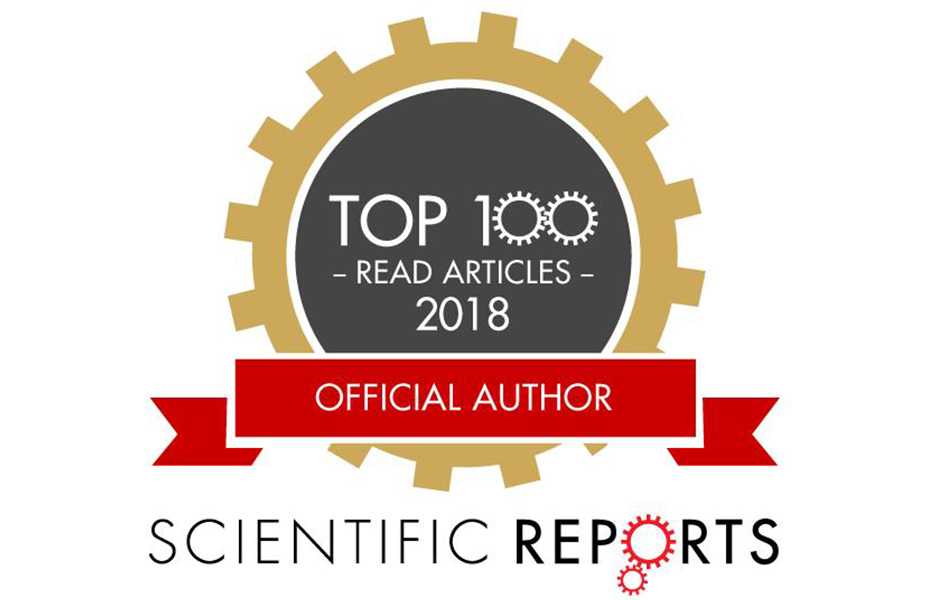A scientific paper authored by researchers from CINTESIS – Center for Health Technology and Services Research, under the coordination of Conceição Calhau, is one of the most read papers in 2018 in the field of Neurosciences, among a total of 1600 research paper published by the “Scientific Reports”. The paper, entitled “Gut microbiota modulation accounts for the neuroprotective properties of anthocyanins”, was accessed 1.730 in that year , which gives the work great relevance.
The research team led by Conceição Calhau, CINTESIS researcher and professor at the NOVA Medical School, carried out a number of studies to assess the relation between the type of food, the composition of the intestinal microbiota, that is, of the microbes in the intestines, and our brain.
The conclusions of the study are presented in this scientific article. Using an animal model, the scientists have shown that a diet rich in saturated fat negatively alters the composition of the intestinal microbiota (with a decrease in beneficial bacteria and an increase in inflammatory substances), and may contribute to the neuroinflammatory changes that occur in obesity.
The next step was to test the efficacy of preventive measures of intestinal microbiota imbalance and inflammation at the brain level. In the animal model, it has been shown that the continued intake of anthocyanin-rich foods (more specifically blackberry extract) can improve the intestinal microbiota and reduce inflammation in the brain that underlies the neurological complications associated with obesity.
“The hypothesis that these substances induce the growth of beneficial bacteria in the intestine, interfering with inflammation in the brain, paves the way for a new therapeutic strategy for the prevention and treatment of neuropsychiatric diseases so prevalent in the population, such as anxiety and depression”, concludes Conceição Calhau.
Read more.

